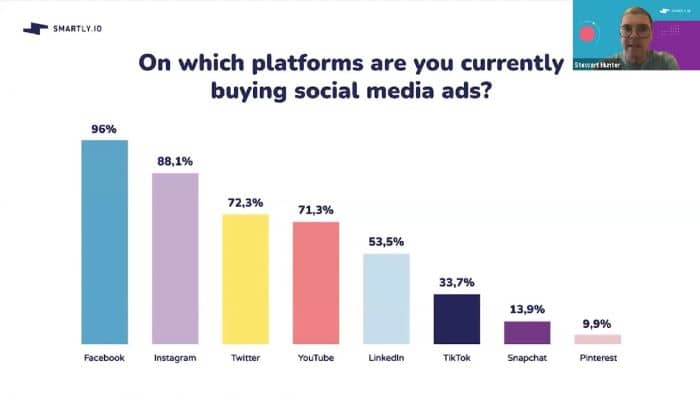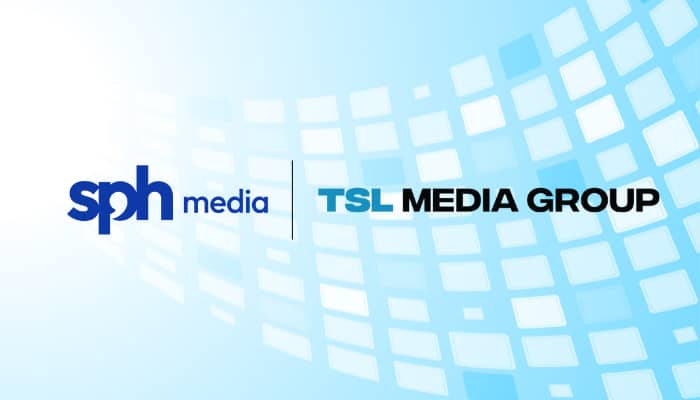Sydney, Australia – The Federal Court of Australia has ordered hotel search site Trivago in $44.7m in penalties, which according to proceedings from the Australian Competition and Consumer Commission (ACCC) shows that the platform has made misleading representations about hotel room rates on its website and in television advertising.
Trivago admitted that between December 2016 and September 2019 it received approximately $58m in cost-per-click fees from clicks on offers that were not the cheapest available offer for a given hotel, causing consumers to overpay hotel booking sites approximately $38m for rooms featured in those offers.
The Federal Court found in January 2020 that Trivago had breached the Australian Consumer Law by misleading consumers when representing that its website would quickly and easily help users identify the best deal or cheapest rates available for a given hotel.
Gina Cass-Gottlieb, chair at the ACCC, said, “One of the ACCC’s key priorities is to hold online businesses accountable for their representations to consumers and to ensure consumers are fully aware of the way these supposedly free services actually work and what influences the prices they display. The way Trivago displayed its recommendations when consumers were searching for a hotel room, meant consumers were misled into thinking they were getting a great hotel deal when that was not the case.”
She added, “Trivago also misled consumers by using strike-through prices which gave them the false impression that Trivago’s rates represented a saving when in fact they often compared a standard room with a luxury room at the same hotel.”
Cass-Gottlieb also said that said penalty sends a strong message not just to Trivago, but to other comparison websites, that they must not mislead consumers when making recommendations.
In August 2018 the ACCC instituted proceedings against Trivago and in January 2020, the Federal Court found Trivago had breached the Australian Consumer Law when it made misleading representations about hotel room rates on its website and television advertising.
In March 2020, Trivago appealed the Court’s decision. This was dismissed by the Full Federal Court in November 2020.


















